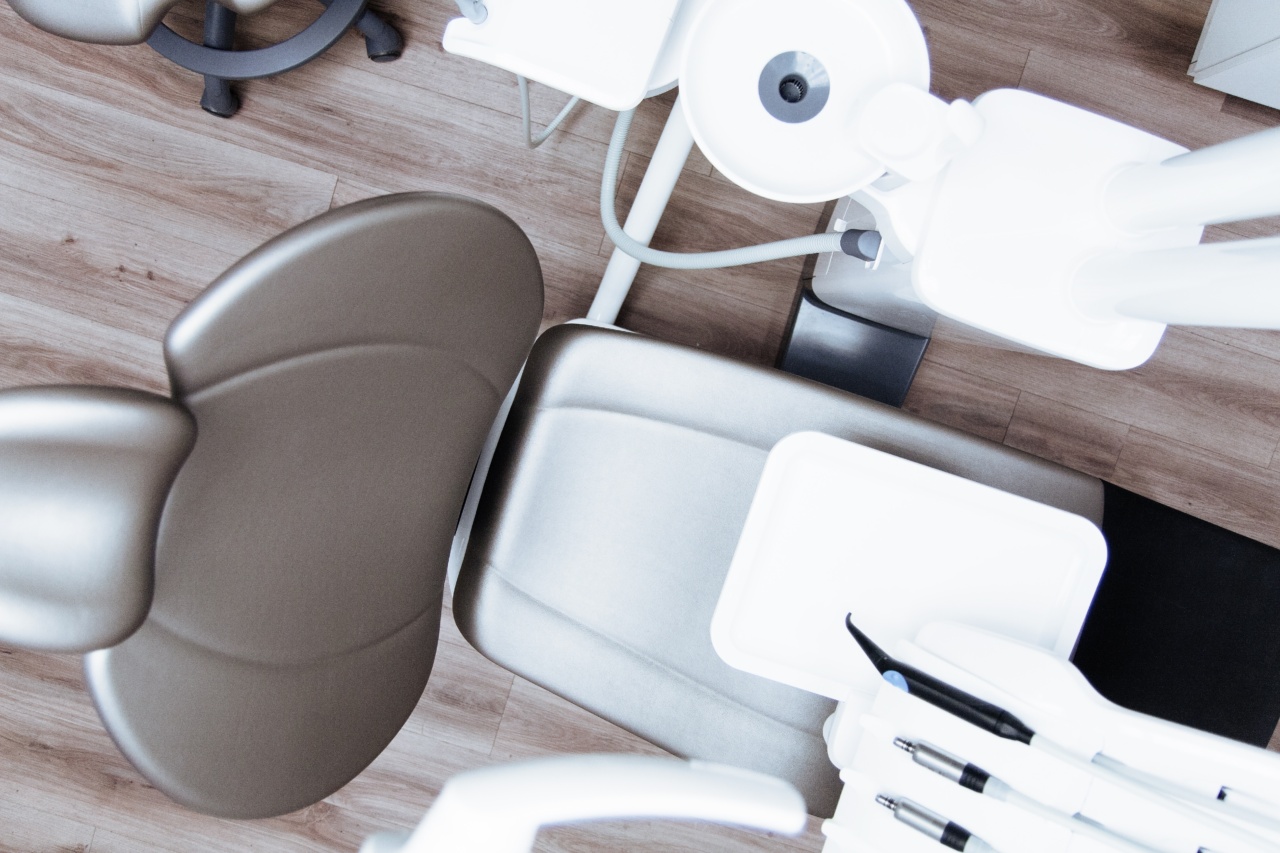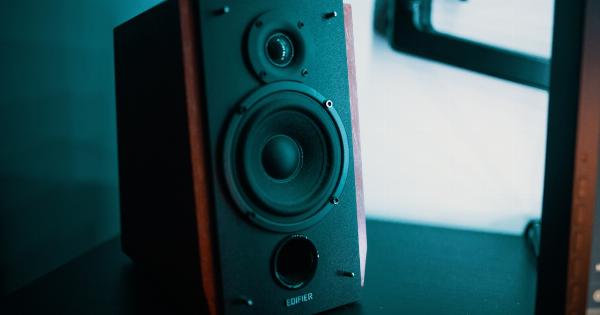Self-healthcare is a concept that emphasizes taking charge of your own health and well-being. It involves actively participating in your healthcare decisions and implementing practices and tools at home to promote overall wellness.
By practicing self-healthcare, you can save time, money, and resources while ensuring that you have the necessary tools and knowledge to manage minor health issues. In this article, we will explore various tools that can empower you to become a home doctor and take control of your health.
1. Thermometers
A thermometer is an essential tool for any home doctor. It allows you to monitor your body temperature, aiding in the early detection of potential illnesses.
There are various types of thermometers available, including digital, infrared, and ear thermometers. Each type has its own advantages, so it’s important to choose one that suits your needs and preferences.
2. Blood Pressure Monitors
Monitoring blood pressure at home is crucial for individuals with hypertension or other cardiovascular conditions.
A home blood pressure monitor enables you to keep track of your blood pressure readings regularly, providing valuable data for better management. Look for a monitor that is easy to use and provides accurate readings.
3. Medication Organizers
Keeping track of various medications can be challenging, especially for individuals with chronic conditions. Medication organizers help ensure that you take the right medications at the right time.
These organizers typically have compartments labeled by day and time, simplifying the process of managing your medication regimen.
4. First Aid Kits
Every home should have a well-stocked first aid kit. It should contain essentials such as bandages, antiseptic ointment, adhesive tape, scissors, and pain relievers.
First aid kits are crucial for treating minor injuries and providing immediate care before medical help arrives.
5. Home Diagnostic Tests
Advancements in technology have made it possible to conduct certain diagnostic tests at home. Examples include pregnancy tests, blood glucose monitors, cholesterol tests, and urinary tract infection tests.
These tests provide convenience and empower individuals to monitor their health regularly.
6. Fitness Trackers
Fitness trackers have gained immense popularity in recent years. These wearable devices can monitor various aspects of your health, including steps taken, heart rate, sleep patterns, and even stress levels.
By tracking this data, you can make informed decisions about your lifestyle and take steps to improve your overall well-being.
7. Online Health Resources
The internet provides a vast array of health resources, including reputable websites, forums, and educational material.
Online resources can help you gather information about various health conditions, learn about preventive measures, and find answers to common health concerns. However, it is crucial to verify the credibility of the sources before implementing any advice.
8. Over-the-Counter Medications
Over-the-counter (OTC) medications are easily accessible without a prescription and can be useful for managing common ailments. From pain relievers and antihistamines to cough syrups and antacids, OTC medications can provide relief for mild symptoms.
It’s important to read and follow the instructions carefully and consult a healthcare professional if symptoms persist or worsen.
9. Home Remedies
Home remedies have been shared across generations and can be effective for treating minor ailments. From using honey for soothing a sore throat to applying a cold compress for reducing inflammation, these remedies have stood the test of time.
However, it’s important to understand that not all home remedies have scientific backing, so exercise caution and consult a healthcare professional if necessary.
10. Mental Health Tools
Self-healthcare includes taking care of your mental well-being as well. Various tools can assist in managing stress, anxiety, or depression.
Meditation apps, stress-relief techniques, journaling, and engaging in hobbies or physical activities are some examples of tools that can promote mental well-being.
Conclusion
By equipping yourself with the right tools and knowledge, you can become a home doctor and effectively manage minor health issues. Self-healthcare empowers individuals to take control of their health, save resources, and make informed decisions.
However, it’s important to remember that self-healthcare has its limitations, and for more serious health concerns, consulting a healthcare professional is always advised.





























